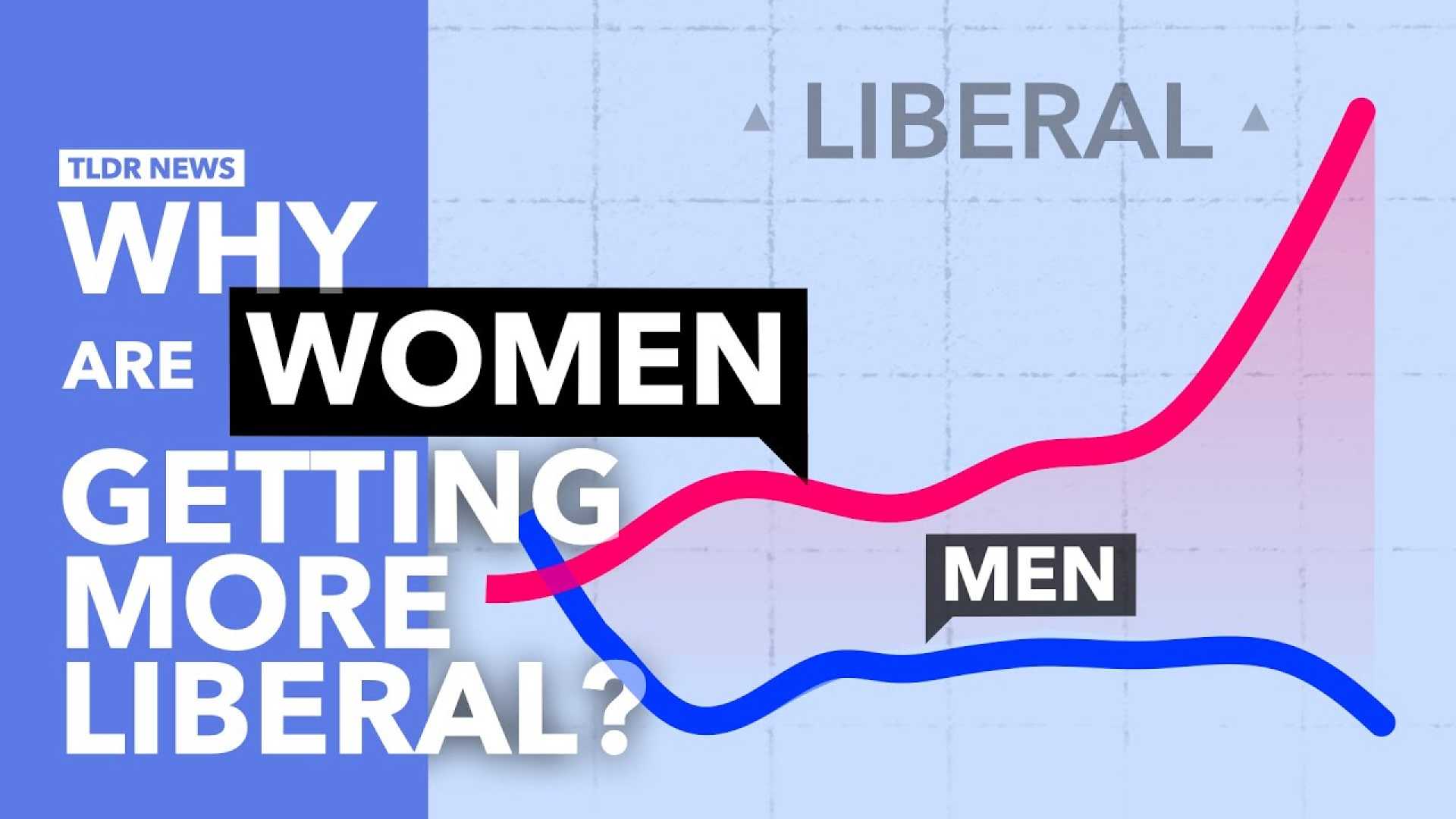Politics
Gen Z Women Embrace Leftist Ideals Amid Political Discontent

Eastern Connecticut – When Emily Gardiner began to pay attention to politics at age 15 in 2016, she marked the start of a generation awakening. Now 23, she works as a library assistant and is rewriting her adult fantasy novel. Gardiner describes herself as ‘definitely leftist, not liberal.’
‘I was raised by politically active parents,’ she said. ‘But I think a lot of my views also come from being Indigenous. My community puts a lot of value in sovereignty.’
She believes that both the Democratic and Republican parties have surrendered to authoritarianism. ‘Billionaires have too much influence over Democrats,’ she said, adding that liberals are often ‘more prone to centrism,’ compromising their values.
This sentiment reflects a broader trend among Generation Z women, who are identified as the most left-leaning demographic in modern U.S. history, according to a recent poll. In contrast, Gen Z men tend to have views that align more closely with the national average. The poll revealed that only 26% of Gen Z women approve of President Donald Trump‘s job performance, compared to 47% of Gen Z men.
‘There’s definitely a gender divide,’ said 24-year-old Lily from North Carolina, who works in legal services. ‘Many men my age are more right-leaning.’ She believes that issues which concern leftists affect women more directly than men.
Rebecca J, a 26-year-old from Washington, D.C., notes that for her, politics were ‘never optional.’ As a trans woman raised in a conservative family, she identifies as ‘a socialist but more of a social democrat.’ To her, material conditions and economic issues take precedence over social issues.
‘All the social issues we’re grappling with are downstream of economic issues,’ Rebecca emphasized. ‘People are overwhelmed just getting food on the table. It’s easy for billionaires to distract the population with culture wars.’
Research indicates that Gen Z is less likely to believe in the narrative of meritocracy compared to older generations. Many young people like Gardiner and Rebecca are choosing to reject labels like ‘Democrat’ or ‘liberal,’ feeling they no longer represent their views. Rachel, a 26-year-old office worker from Michigan, articulated this well: ‘I don’t want to be considered under the same umbrella as liberals.’
‘Liberalism is still a capitalist ideology, and I consider myself an anti-capitalist,’ she said.
Lily’s priorities include reproductive rights and economic inequality, emphasizing the importance of healthcare and the situation in Gaza. ‘We’re passionate, but disappointed in our party,’ she said.
Social media algorithms significantly influence young people’s worldviews. Platforms like TikTok, Instagram, and Reddit amplify extreme content, particularly for young men. Research suggests that Gen Z men are more likely to accept controversial views on feminism.
For Gen Z women, leftward shifts are rooted in their experiences with climate change, debt, job instability, and rising authoritarianism. They perceive compromise as dangerous. ‘Both parties are in the pockets of billionaires,’ Gardiner said. ‘We don’t feel represented.’ Lily agreed, mentioning that those in power are often older men who might not understand the challenges faced by young women.












